Unless you have been living under a rock, you know that NFTs are taking the world by storm. NFTs are quickly capturing the public minds and fuelling their imaginations. But, are NFTs the future or just a hyped-up fad?
As the technology improves, we will see more innovative uses for NFTs in the future which will continue to revolutionize the art world and beyond. As awareness of their benefits grows, NFTs are expected to become more popular as they’re utilized in industries like gaming, real estate, and music.
No one can know for sure what the future of NFTs holds, but from my experience in the NFT space, I believe NFTs will continue to play a significant role in many aspects of our everyday lives.
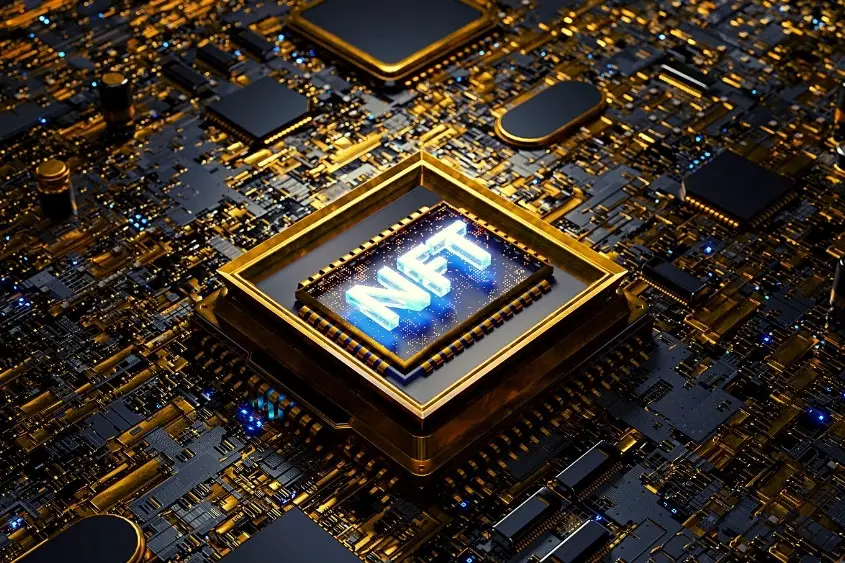
What Is the Future of NFTs?
The future of NFTs is already here in many ways. However, as we continue to progress into an even more digitalized economy, NFTs will play an even greater role. Below are 6 ways that NFTs will play a role in the future.
1. Digital and physical ownership
NFTs are being used in a variety of ways. In fact, NFTs don’t only represent digital assets, they can also represent physical goods as well. Similar to a home deed—which is just a piece of paper—an NFT also acts as a digital representation of things in the physical world.
The great thing about NFTs is that they live on the blockchain as one-of-a-kind digital assets. Using blockchain technology, you have the ability to see when the home was built, who has owned it since its’ creation, and how much it sold each time, as well as when it was sold.
That example barely scratches the surface of the future of NFTs though. Yes, NFTs are and will continue to be used to prove ownership of physical assets, but now, NFTs prove the ownership of digital assets; something that has never been done before.
Now you might be thinking, who would want to prove ownership of something digital? The answer is everybody! Think about it. A majority of humans have a desire for either a blue checkmark on social media, more followers, or even skin in a video game.
In a world where more and more people are beginning to value online validation, a way to prove ownership and authenticity becomes a real necessity.
2. The future of art
NFTs have opened up a great opportunity for artists. Finally, artists have more control over the work they produce without having to depend on corporate forces or intermediaries.
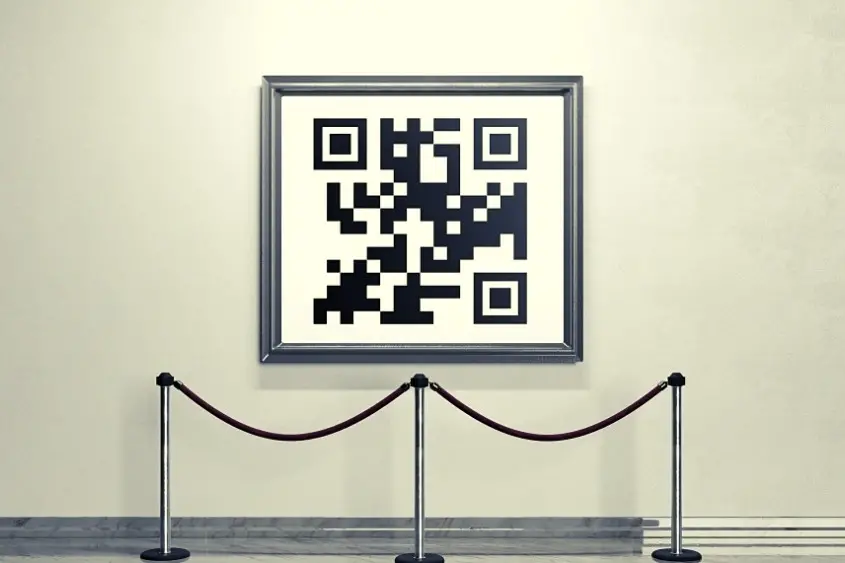
The artists can connect with customers and sell their work directly to their customers. NFTs also eradicated the bane of plagiarism and wanton copying brought on by the internet. This is a huge benefit for artists and other types of creators alike.
3. Smart contracts
Smart contracts are where NFTs get even more interesting. A smart contract is an underlying value that can be had as the owner of an NFT. A smart contract might state that you are the owner of an asset in the physical world, or it can give you access to a real-world event.
Furthermore, smart contracts are capable of being programmed to execute their own transactions, changes, and upgrades. Such is the case with Beeple’s Human One creation—which is designed to continuously display artwork that evolves over time via the smart contract.
Imagine, art isn’t the only thing that a smart contract can control. Whether it be a loan or some other type of legal contract, a smart contract has the ability to execute transactions, using an NFT as the proof of that contract.
4. Tickets and events
NFTs are already being used as tickets to access in-person events. One example of this is VeeCon, a multi-day mega-conference that only VeeCon NFT ticket holders have access to the event. In the future, it is very likely that all events will utilize NFT technology as opposed to a physical ticket stub.
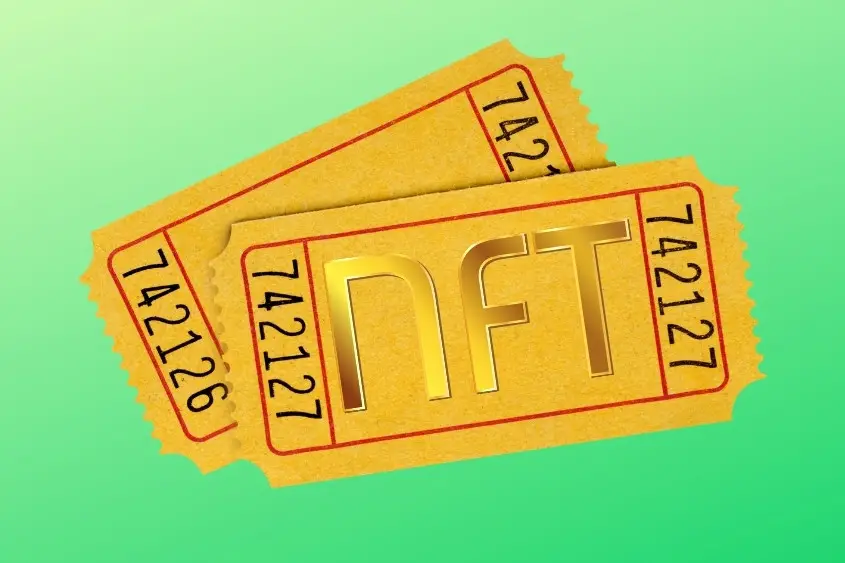
It just makes sense. Distribution is quicker and cheaper, plus consumers are able to save their tickets in their digital wallets and sell them on secondary marketplaces. If you think that seems unrealistic, I say It’s not much different than the Michael Jordan ticket that sold for $400k. The only difference is an NFT is easier to keep track of and stays in mint condition.
POAP is already taking a stab at utilizing NFT technology to allow you to keep a record of your life experiences. The technology is free to use and very efficient.
5. Virtual worlds
With the rise of the metaverse comes numerous virtual worlds, and with that, a completely virtual economy. I know this might seem a little farfetched, but if we are being honest with ourselves, we already live in a completely digital world.
The average person spends at least 7 hours per day online, so it’s not crazy to think that soon we will be living at least part of our lives in a virtual world. As more people gravitate towards a virtual world, we will also value different things.
In the metaverse exists digital assets, and people will grow to value these digital assets. Just like someone might value their car, home, or the clothes on their back, digital goods will have their time as well. Now, how is it that we will prove ownership of these digital goods? You guessed it, NFTs!
That is the beauty of NFTs and the technology that surrounds them. It can support both physical and digital goods, whereas before, we could only technically prove ownership of digital assets.
6. Digital commerce
The future of eCommerce is mostly decentralized commerce which can lead to NFTs having a major impact in the new era.
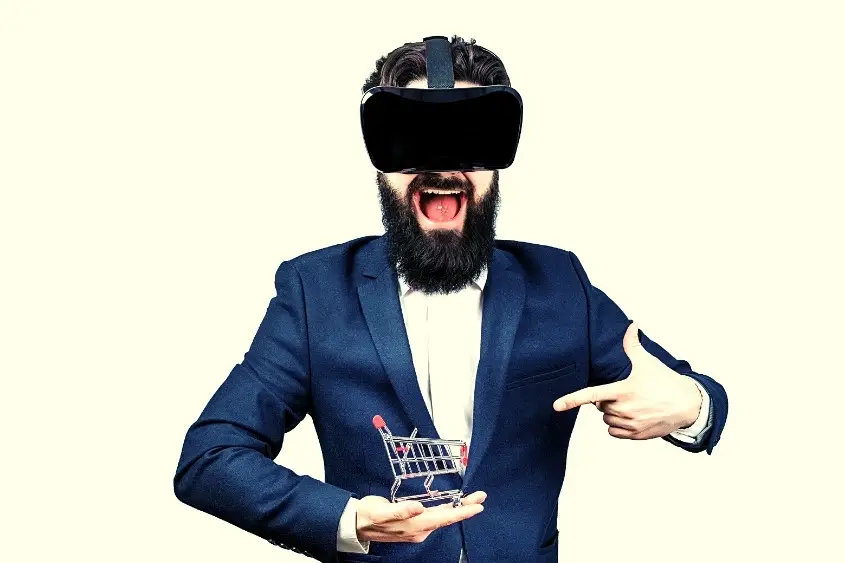
Currently, companies like Amazon and Alibaba control the e-commerce retail market and they are extending into other areas as well. They wield a monopoly in the e-commerce space. NFTs can lead to the elimination of such e-commerce intermediaries. The transactions will be peer-to-peer and customers can trade directly, hence putting power back in their hands.
One example comes from Metakoven; the man who purchased Beeple’s art for $69 million. Metakoven has divided Beeple’s NFTs into smaller sizes and sold them to others. This is a type of trade known as a fractionalized NFT, and was technically impossible prior to the existence of NFT technology.
The way forward is clear. We are working to establish a new digitally transparent and accessible system of commerce. Cryptocurrencies and NFTs supported by blockchain certainly fit the bill. With public interest now ignited, it is only a matter of time before these become mainstream.
NFTs and innovation for the future
Whatever the future may hold for NFTs, I believe it is truly great. Similar to how the internet has changed all our lives, NFTs and blockchain technology is doing the same. That’s not to say that every NFT in existence is good or even valuable. In fact, I believe that 98% of NFTs on the market will be complete failures, but in the macro, NFTs are here to stay.
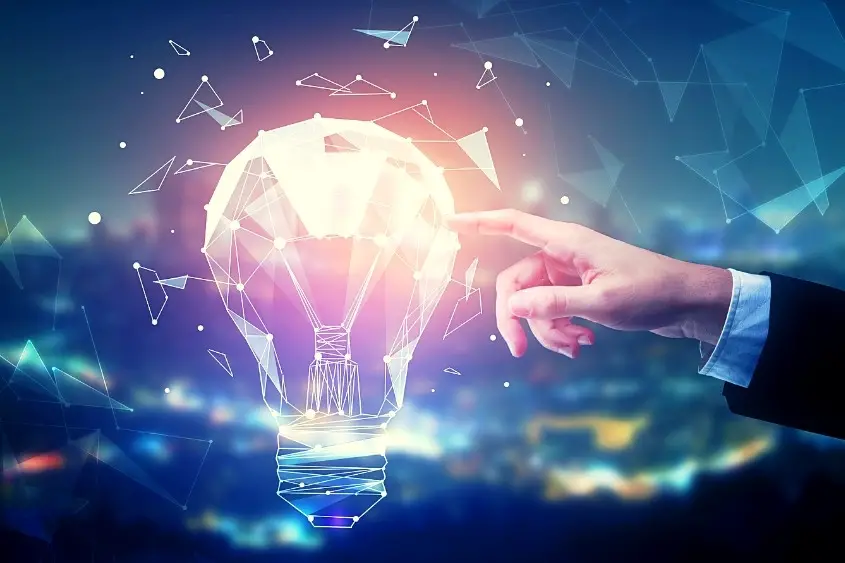
The technology makes too much sense to simply dismiss, especially considering where we are headed as a society. Due to NFTs, a whole new dimension of creativity and innovation has emerged, and this is not just limited to gaming and art.
Personal brands and large corporations are all using NFT technology to further help grow their business, and this is just the beginning.
Can NFTs go bad?
NFTs are not as fragile as physical collectibles but there could be issues that may crop up. These issues come with any digital product.
Some issues which may cause NFTs to go bad are:
- Image formats of file formats can get corrupted.
- Websites, where NFT metadata is stored, could go down (the NFT would still exist).
- You might forget your passwords to access your NFTs.
- The blockchain used to create and sell the NFT may seize to exist.
Although all these things can happen, it is the least of my worries when it comes to NFTs. As the technology progresses, so will the safety features and ease of use.
Final thoughts
NFTs have paved the way for a new type of economy where it is easier for people to trust their sellers. Once the excitement and the hype settle, newer models and eco-friendly systems will be devised, and NFTs will continue to prove to be the way forward. Whoever is reluctant to participate in this change, may be left behind.

6 thoughts on “The Future of NFTs Explained (Updated for 2023)”